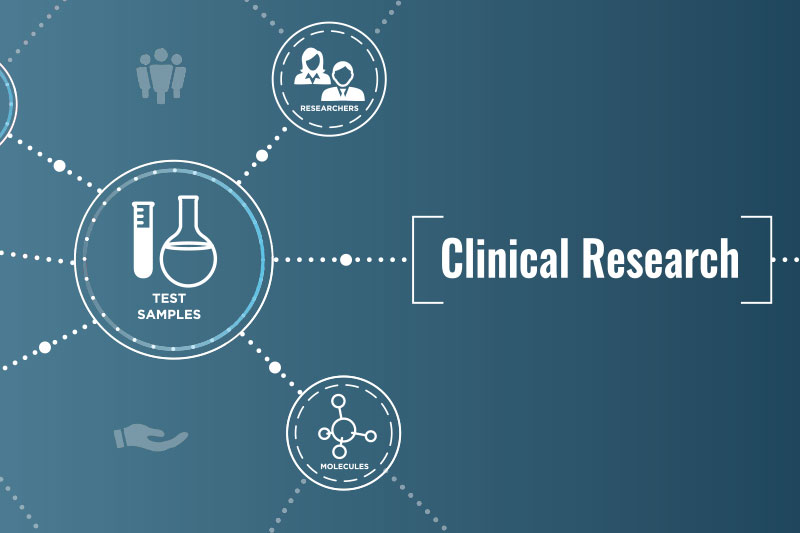The concept of using a medicine to treat obesity began a hundred years ago and some of the compounds tried before World War II had some truly awful side effects so it was inevitable that controversy arose when the newly created FDA approved an amphetamine for treating obesity in 1944. At the time the American Medical Association’s Council on Pharmacy and Chemistry was highly influential in shaping standards of clinical practice. In 1946 the Council announced they disapproved of the use of amphetamine for obesity treatment. The pharmaceutical industry promptly responded by searching for new amphetamine-like compounds that did not have amphetamine’s objectionable adverse effects. Eventually a series of stimulant amphetamine-like compounds that induced weight loss were discovered and tested, which either did not have amphetamine-like adverse effects or, in some cases, had greatly diminished incidence and lowered intensity of amphetamine-like adverse effects. In 1959 the FDA approved three of these for weight loss and despite the fact that no evidence of amphetamine-like adverse effects occurred in the clinical trials, the FDA insisted that these could occur. To this day the FDA insists labels for phentermine, diethylpropion and phendimetrazine warn of the possibility of addiction, and these drugs have the same dire cardiovascular effects seen in subjects who are addicted to crystal methamphetamine. These same warnings appear in the Physicians Desk Reference (PDR), an annually published volume physicians use as their primary reference for drug information.
These warnings are repeated in every on-line drug database and virtually every textbook that mentions the subject of anti-obesity medicines. Even though there are no reports of evidence of addiction or evidence of any of the adverse cardiovascular events in the peer-reviewed medical literature, every pharmacist, every government agency, every nurse, every emergency room staff, and nearly every physician will advise phentermine, diethylpropion and phendimetrazine are dangerous drugs, that are not safe to use for treating obesity. Physicians who are on medical school faculties typically also advise other physicians these drugs are too dangerous.
Most practicing obesity medicine specialists belong to the American Society of Bariatric Physicians (ASBP), a 63 year-old national medical society devoted to teaching physicians how to treat obesity. These are the physicians in the trenches, taking care of overweight and obese Americans on a daily basis. I have been a member and have attended nearly every semi-annual educational meeting for 24 years. ASBP members have learned from the shared experiences of 1,700 members that phentermine, diethylpropion and phendimetrazine are quite effective for treating obesity and that fears of adverse effects have been greatly exaggerated. Collectively, these physicians have real world experience with these medicines exceeding by far the experience of physicians on university faculties.
Realizing that a major reason for this discordance in perception was that the practicing physicians had never published their experiences, in 2006 I began having discussions on how to publish what would be iconoclastic findings with friends on academic faculties. The result of these discussions was that, in collaboration and with the guidance of some of these academicians, we initiated a series of research projects in my own practice.
Our patients have enthusiastically responded to invitations to participate in research. Their generosity in giving their own time for participation in these research studies is greatly appreciated.
The following are brief descriptions of research conducted at Hendricks for Health, the Center for Weight Management over the past several years. The items are listed in chronological order. Elapsed time indicates the time duration between formulation of the research idea and publication of the study.






